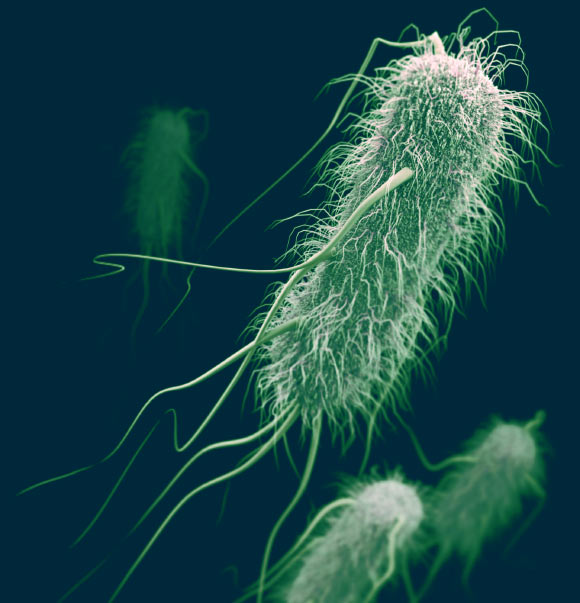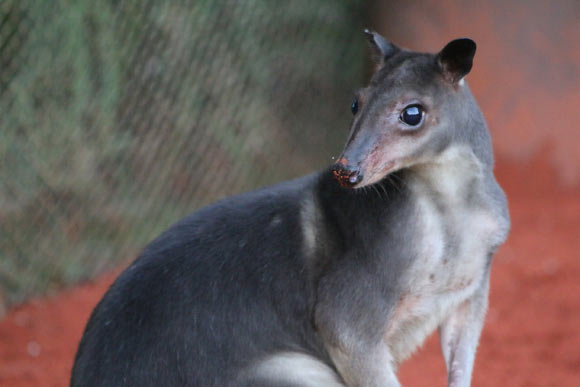Now Reading: Study Finds Caffeine May Weaken Certain Antibiotics
-
01
Study Finds Caffeine May Weaken Certain Antibiotics
Study Finds Caffeine May Weaken Certain Antibiotics

Swift Summary
- Researchers from the University of Tübingen and the University of Würzburg have discovered that everyday substances, such as caffeine, can influence bacteria’s resistance to antibiotics.
- They conducted a systematic screening of 94 substances, including food ingredients and prescription drugs, to study their impact on gene regulators and transport proteins in Escherichia coli.
- Transport proteins control what substances enter or leave bacterial cells. their regulation is critical for bacterial survival.
- Daily substances like caffeinated drinks can impact gene regulators that alter transport proteins in E.coli,reducing antibiotic uptake and weakening antibiotics like ciprofloxacin.
- This phenomenon is termed ‘antagonistic interaction,’ where environmental stimuli reduce an antibiotic’s effectiveness without classical resistance genes being involved.
- Surprisingly, closely related bacteria like Salmonella enterica did not exhibit similar responses due to differences in transport pathways or mechanisms influencing antibiotic uptake.
- The study highlights how environmental adaptation contributes to low-level antibiotic resistance-distinct from genetic-based resistance-and emphasizes its importance for future therapeutic strategies.
Indian Opinion Analysis
The findings shed light on how common dietary elements may inadvertently affect medical treatments through low-level antibiotic resistance mechanisms.For India-a nation witnessing increasing concerns over antimicrobial resistance-this research offers crucial insights into daily behavioral factors potentially contributing to the problem.Caffeine-induced drug interactions underscore the importance of considering dietary habits alongside medication during treatment planning.
Given India’s high consumption rates of tea and coffee, public health professionals should evaluate whether such food-drug interactions compound existing challenges posed by ineffective antibiotics.Furthermore, deeper exploration into how habitat-specific variables may play a role across different populations coudl led to developing tailored guidelines suitable for diverse communities within India.
























